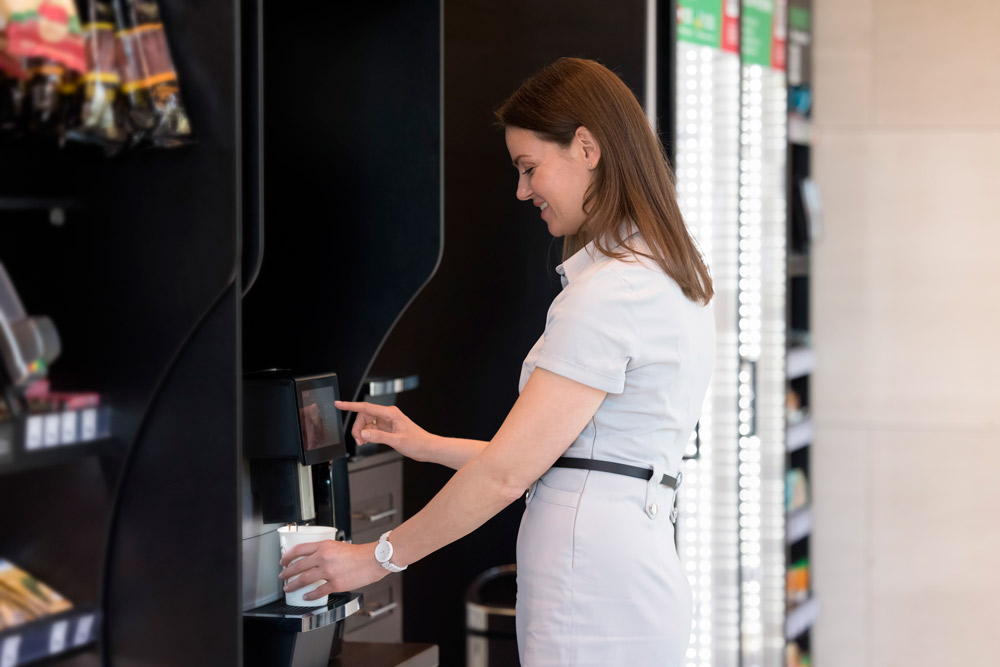Retail operations encompass a wide range of day-to-day activities, functions, and responsibilities related to running a physical or online store. Depending on the business’s scale or the store’s size, their complexity may vary. Still, it will consider at least some of the following processes: staffing, product inventory, ordering and supply chain management, cash handling and payment processes, visual merchandising, store design and ambiance, security and loss prevention, pricing, and more.
Retailers are facing an increasingly complex scenario: inflation and supply chain disruption, workforce shortages, and customer expectations continue to rise, demanding a fully omnichannel experience. Retailers already know that managing and coordinating all these processes is an increasingly arduous task.
That’s when standard operating procedures (or SOPs) come into the picture. SOPs are step-by-step instructions describing the activities required to complete tasks or carry out routine operations. SOPs serve several purposes and are a cornerstone of retail operations. Here are 5 reasons why retailers benefit from creating and reinforcing SOPs in their business.
1. Boost efficiency within and across stores.
SOPs are excellent for increasing operational efficiency, as they clearly define what needs to be done and how, from ordering to store security. They are the guidelines to follow when in doubt, and their constant use and improvement help to achieve optimal results. On top of this, they also ensure that things are done the same way in every store. As a result, employees should be able to switch stores or shifts, and still feel confident in the work to be done. When SOPs are followed, there is no need to learn from scratch to perform the same job at another location.
2. Easier to train new employees
By creating unified SOPs, employee training is more straightforward, as complete guidance on performing the job is available in a detailed and process-oriented manner. In addition, new employees will receive uniform training, which means you get a consistent knowledge base across all stores from day one.
3. Reduce Human error and guessing
Senior team members are precious to the organization and new employees. Their experience will add incredible value to novice staff. However, if you only share knowledge by word of mouth, each employee might do things differently. A standard protocol will reduce the gaps and spaces for human error and guesswork, ensuring that every team member has access to the same information and knows the undoubtedly “right way to do things.”
4. Decreasing miscommunication
Miscommunication is one of the most frequent barriers in operation, and it presents itself as a lack of alignment between the entities involved. The lack of clear instructions or protocols often leads to confusion and frustration for both parties. Establishing SOPs helps the organization to improve communication and understanding of what to do and how to do it, providing an accurate and unambiguous source in case of doubts.
5. Provide the consistent CX
SOPs align all store operations with their main objective: to provide the right shopping experience to the customer. They protect the retailer’s image by ensuring that all stores operate according to guidelines and consistently give the right experience to customers and employees across stores and over time.
At Frogmi®, we know that SOPs are critical for retailers to improve efficiency, quality of results, and consistency of performance while reducing miscommunication. But, to obtain all these benefits, it is not enough to create the protocols; they need to be implemented, audited, and maintained. This challenge involves active and permanent management within the entire organization and the collaborators. Fortunately, several technological solutions support these next steps, underpinning operational efficiency, profitability, and a superior customer experience.













